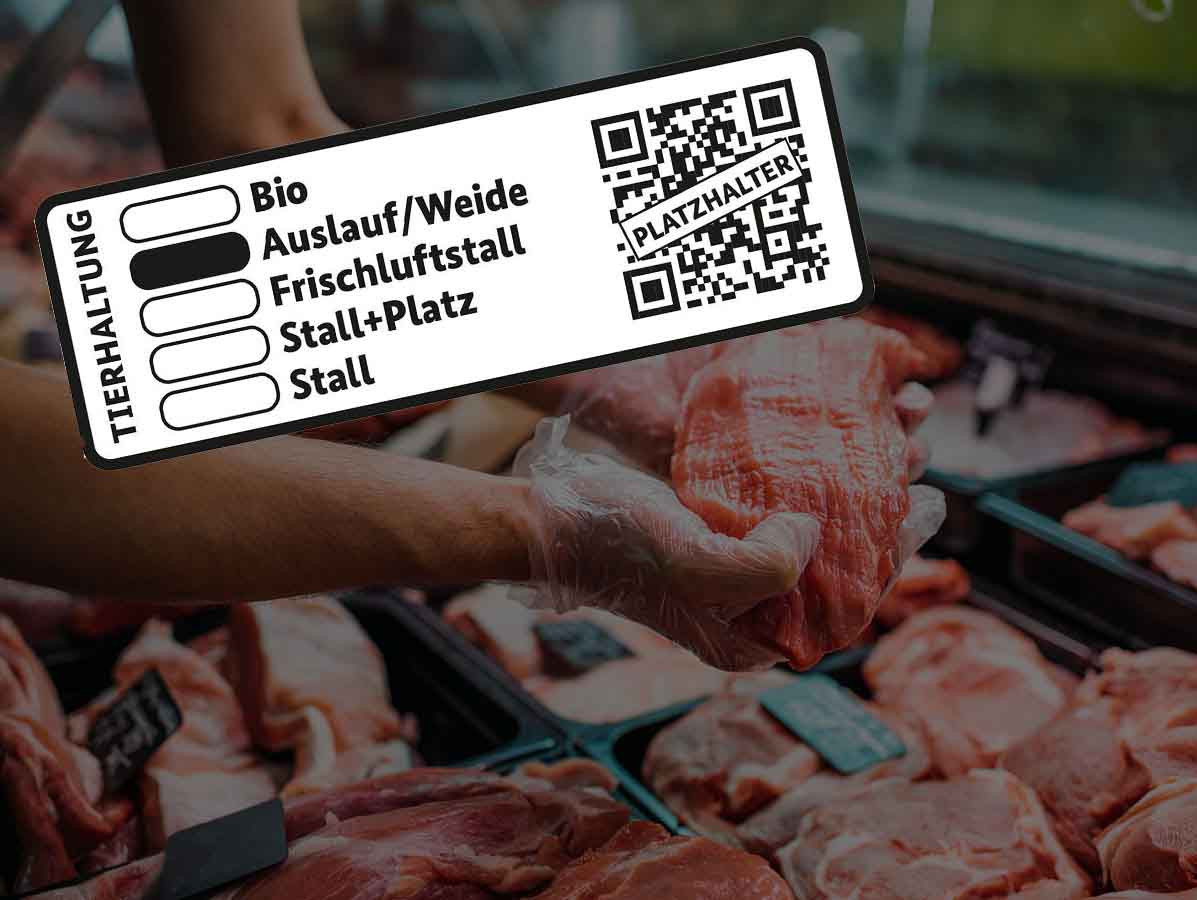
The German Bundestag has approved Federal Minister Özdemir's bill for a national, mandatory labeling system for livestock farming. This initiative aims to provide transparency and clarity on how animals are kept, and enable consumers to make informed purchasing decisions. In addition, amendments to the building code have also been approved to facilitate barn renovations.
The new livestock labeling system includes five different categories: barn, barn+place, fresh-air barn, free-range/pasture, and organic. Initially, the law will focus on pig fattening, but it will soon be extended to other animal species and areas within the food processing chain, and the full life cycle of the animals.
With the new livestock labeling, consumers will be able to see at a glance how animals are kept on farms in Germany. The Federal Ministry of Food and Agriculture (BMEL) is working hard to implement this mandatory and transparent labeling system for animal products from Germany.
An important aspect of the draft law is the possibility of voluntary labeling of food from other EU member states and third countries. The label on the food will provide information on the specific type of animal husbandry in which the animal was raised. The first phase of implementation will cover fresh, unprocessed pork, while other animal species and products will be included in subsequent phases.
Important points regarding livestock labeling include:
With this approval in the Bundestag, Germany marks an important step toward a more transparent animal husbandry sector and enables consumers to make informed choices when buying animal products. The bill will now be implemented, with a focus on pork in the first phase, and will be extended to other animal species and food sectors in the future.
Source: BMEL